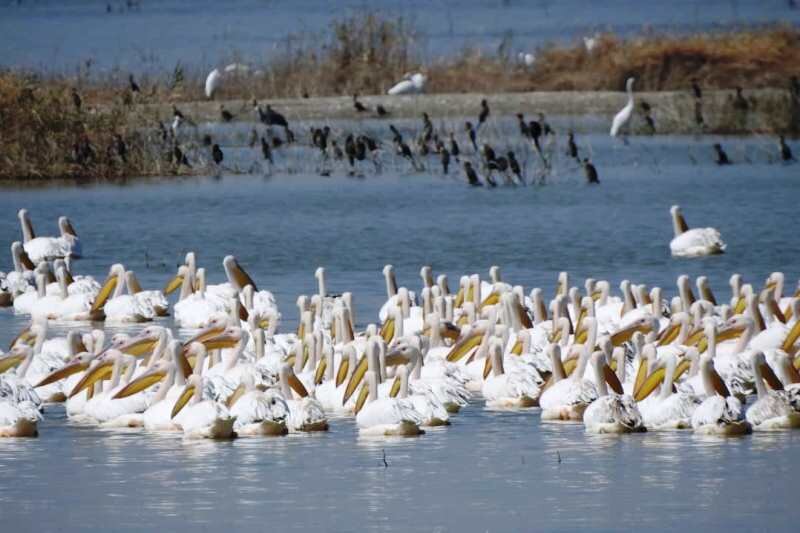Wetland protection heroes to be honored

TEHRAN – The annual program for introducing and honoring persons who have notably endeavored to preserve wetlands across the country will be held coinciding with World Wetlands Day, which is celebrated every year on February 2.
The event marks the date of the adoption of the Convention on Wetlands in 1971, in the Iranian city of Ramsar on the shores of the Caspian Sea.
In order to identify, collect and classify successful experiences related to the optimal protection of wetland ecosystems and to encourage and promote wetland culture in the country, the rangers and those who took steps to well protect the wetlands will be honored, IRNA reported on Monday.
Also, in order to appreciate the tireless efforts of environmentalists who are protecting wetlands, a program of selection and appreciation of rangers will be held concurrent with World Wetlands Day.
Wetland Hero Award will be presented in three categories of research, executive activities, and public participation.
Valuable wetlands
Wetlands are ecosystems saturated with water, either seasonally or permanently. They store water and ensure its quality, providing resilience against drought. They play a central role in sustainable development by supplying all our freshwater. More than 40 percent of freshwater fish are said to live in wetlands.
Wetlands play a major role in protecting the land against floods and the impacts of storms. They provide food and diverse habitats which support genetic, species, and ecosystem biodiversity. Wetlands play a key role in the life cycles of many species and in annual migration patterns.
Iran is rich in terms of having a variety of wetlands due to its climatic diversity. In Iran, 141 wetlands with ecological value with an area of over 3 million hectares have been identified, of which 25 wetlands are designated as wetlands of international importance (registered in the Ramsar Convention) covering more than 1.4 million hectares and four sites are biosphere reserves.
Of Iran’s 25 Ramsar sites about one-third are under pressure or in critical condition.
Unfortunately, wetlands are being degraded and lost due to pollution, overexploitation, climate change, and human population growth.
FB/MG
Leave a Comment